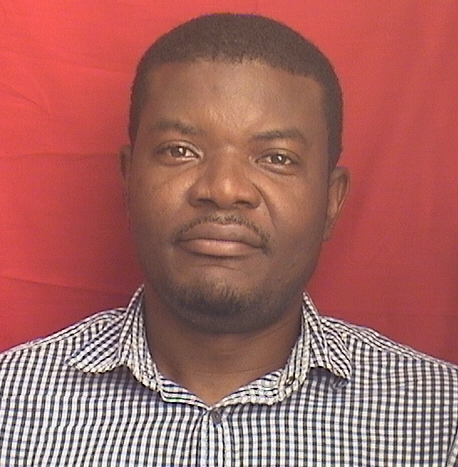Research Areas/Interests
Henry's research interests are grouped into five thematic areas:
- Antimicrobials surfaces for biomedical implant devices and frequently touched infection-prone area applications. In particular, design, fabrication and validation of: (a) Anti-biofouling surfaces that repel bacterial attachment, and bactericidal surfaces that kill bacteria by releasing biocides or by mechanical stresses mechano-bactericidal surfaces; (b) Mechano-biology and surface modification of 3D Biomaterials Scaffolds. Specifically, understanding how cells sense and respond to physical and mechanical stimuli at the micro and nanoenvironments to modulate favourable biological response (e.g., stimulating cells' intrinsic ability to proliferate, differentiate, and produce extracellular matrix (ECM) in response to mechanical stimuli) for enhanced in-situ Tissue Engineering.
- Advancing 3D Bioprinting for Tissue Engineering, with an emphasis on creating precise and functional tissue constructs. His work involves developing bioinks formulated from hydrogels derived from natural polymers such as alginate, gelatin, and collagen, as well as synthetic polymers like PLGA. These bioinks are enriched with bioactive molecules, including BMP-2, VEGF, and other growth factors, to fabricate 3D biodegradable scaffolds. These scaffolds are designed to support applications in regenerative medicine and organ replacement, aiming to address critical challenges in tissue repair and organ restoration
- Electrochemistry of the nervous systems and biodegradable metals for Biomedical device implant applications. Particularly, Henry’s interest focuses on: (a) Electrochemical sensors for monitoring, detection and medical diagnostics; (b) The design, fabrication and validation of bioresorbable and biodegradable Mg, Zn and Fe based 3D Biomaterials Scaffolds for Hard Tissue Engineering; (c) Electrospinning and Electroforming-driven 3D additive manufacturing.
- Water Purification, Energy and Environment. Henry's interest is focused on electrochemical and Visible-light active driven catalysis for (a) Water purification (point-of-use water filters); (b) Artificial leaf photosynthesis; (c) Water splitting hydrogen production for fuel cell technology; and (d) Environmental remediation (mining effluent and oil spill detoxification)
-
Henry's research interest also focuses on the dynamic intersection of Biotechnology and Metals extraction. Specifically, investigating microbial-driven techniques (bioleaching and bioflotation) in the extraction of metals from refractory ores. His research also aims at understanding the metabolism pathways and mechanisms employed by different strains of microorganisms in biooxidation and bioleaching of refractory ores (sulfide minerals). Henry employs a multidisciplinary approach (integrating microbiology, molecular biology, mineral processing, micro and nanotechnology, and materials science and engineering) to characterize microbial communities and elucidate their functional roles in altering mineral surfaces for efficient, cost effective and eco-friendly metal extraction, reducing the reliance on environmentally detrimental chemical processes.

